
L'Inglese: Una Storia di Lingua e Conquista
By Daniela Di Tullio

24 Apr, 2024
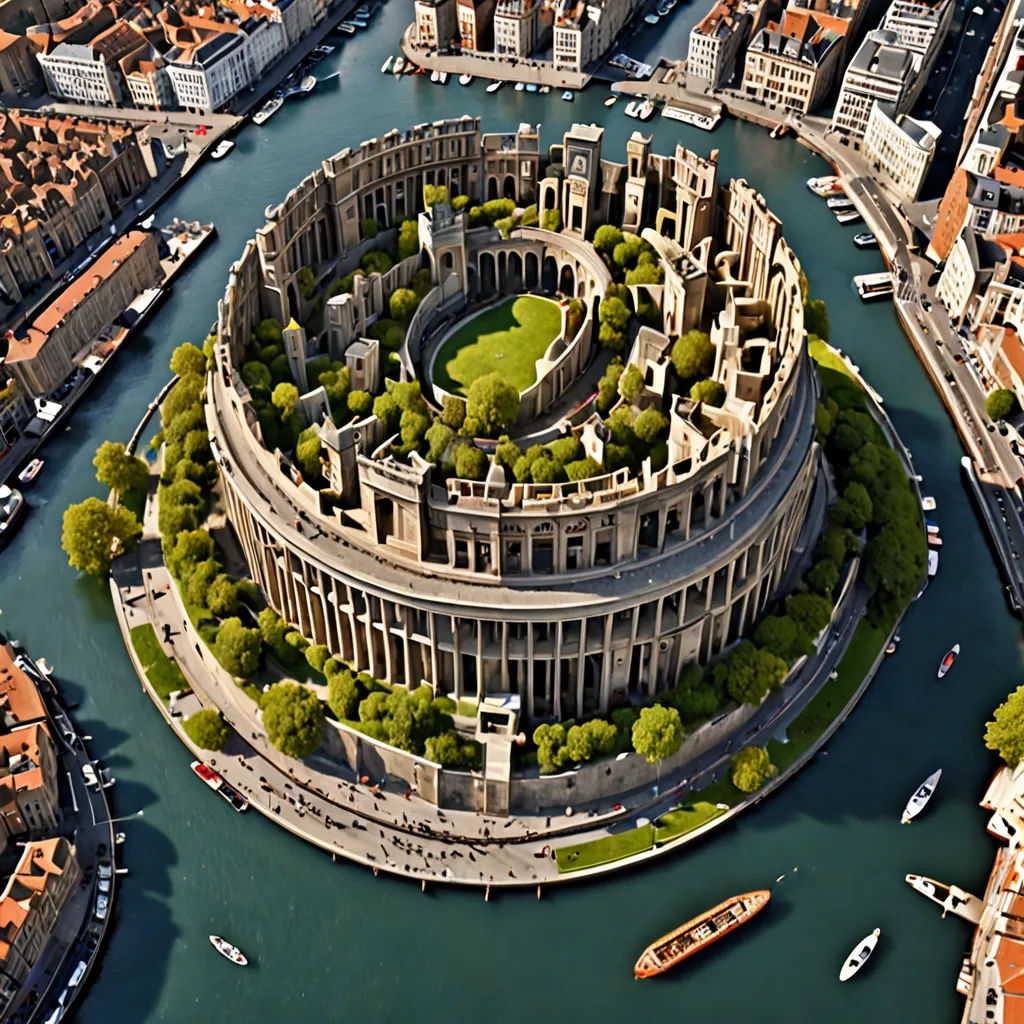
L'inglese antico, che risale al periodo dal 500 al 1100, era una lingua molto diversa da quella che conosciamo oggi. Era complesso e ricco di inflessioni, con un vocabolario principalmente germanico.
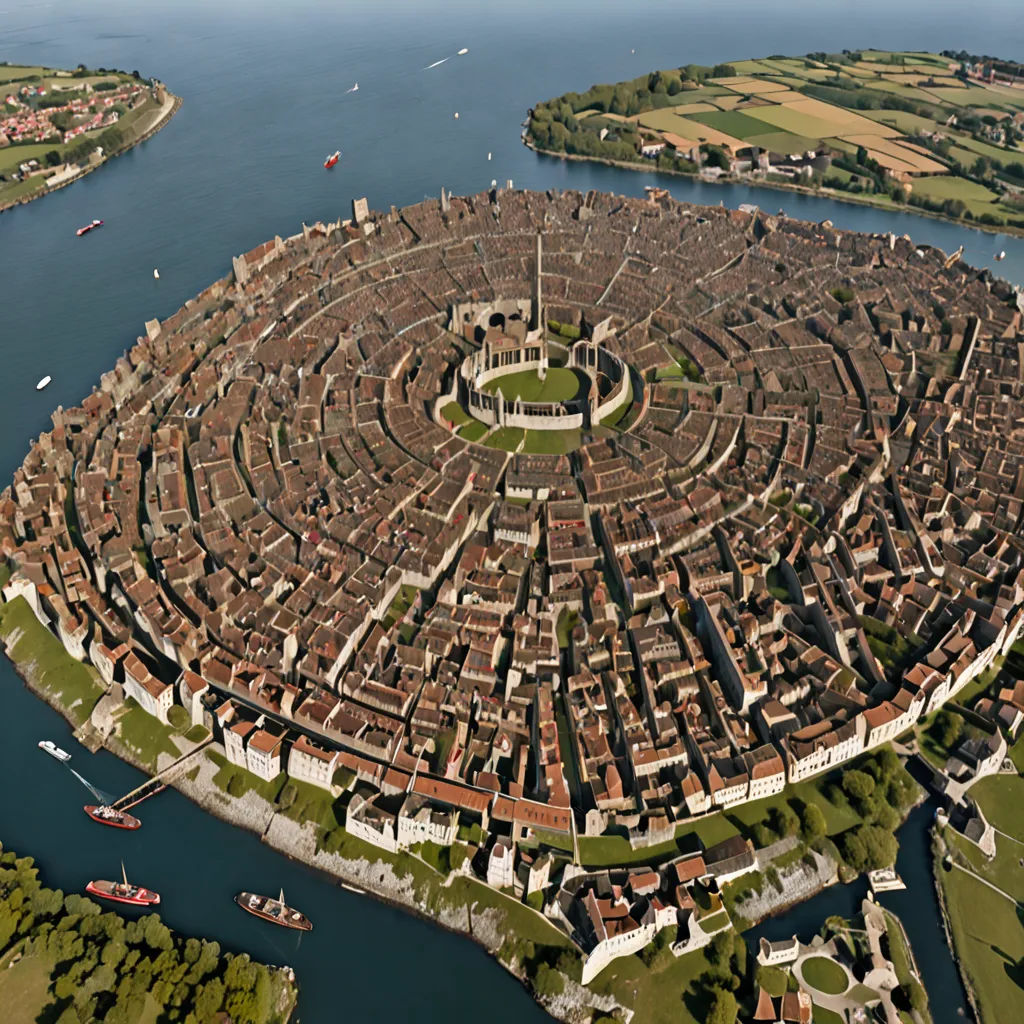
Con l'invasione dei Normanni nel 1066, l'inglese subì una drastica trasformazione. La lingua dei conquistatori, il francese, divenne la lingua ufficiale.
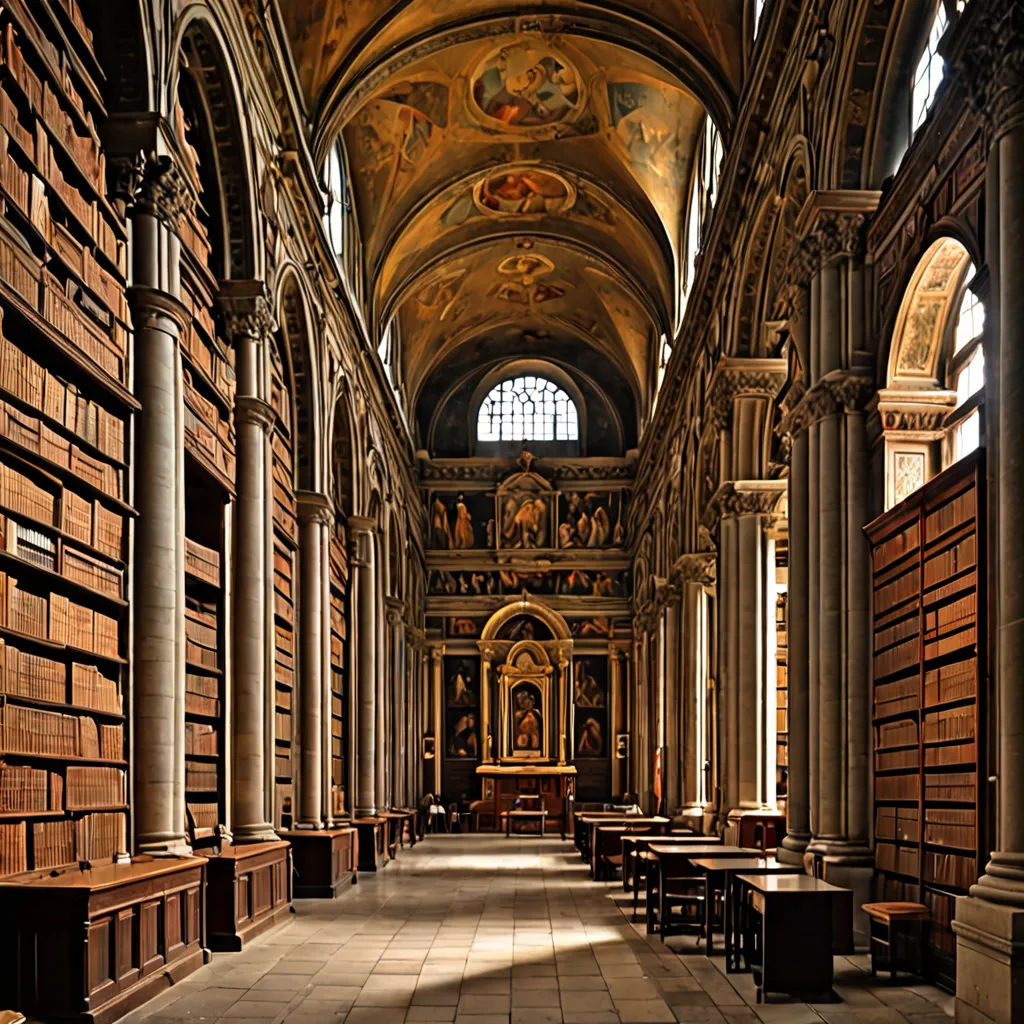
La lingua inglese durante la conquista Normanna, dal 1100 al 1500, è conosciuta come inglese medio. Ha assorbito molti prestiti dal francese, arricchendo il suo vocabolario.
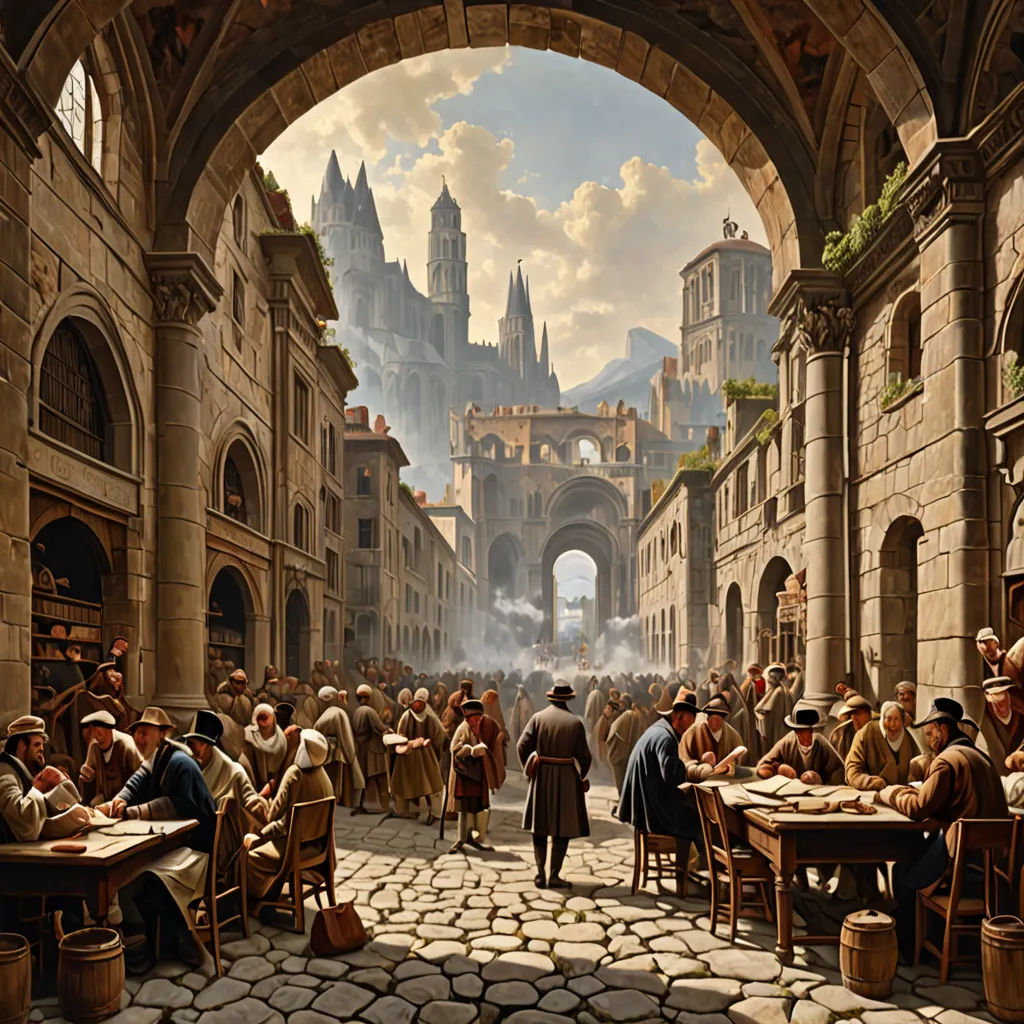
Durante questo periodo, l'inglese ha subito una semplificazione grammaticale, perdendo molte delle sue inflessioni. Ha anche adottato molti termini latini attraverso il francese.

Dal 1500 ad oggi, l'inglese è diventato la lingua che conosciamo. È noto per il suo vasto vocabolario e la sua grammatica relativamente semplice.

Con l'espansione dell'impero britannico, l'inglese si è diffuso in tutto il mondo, diventando una lingua globale.
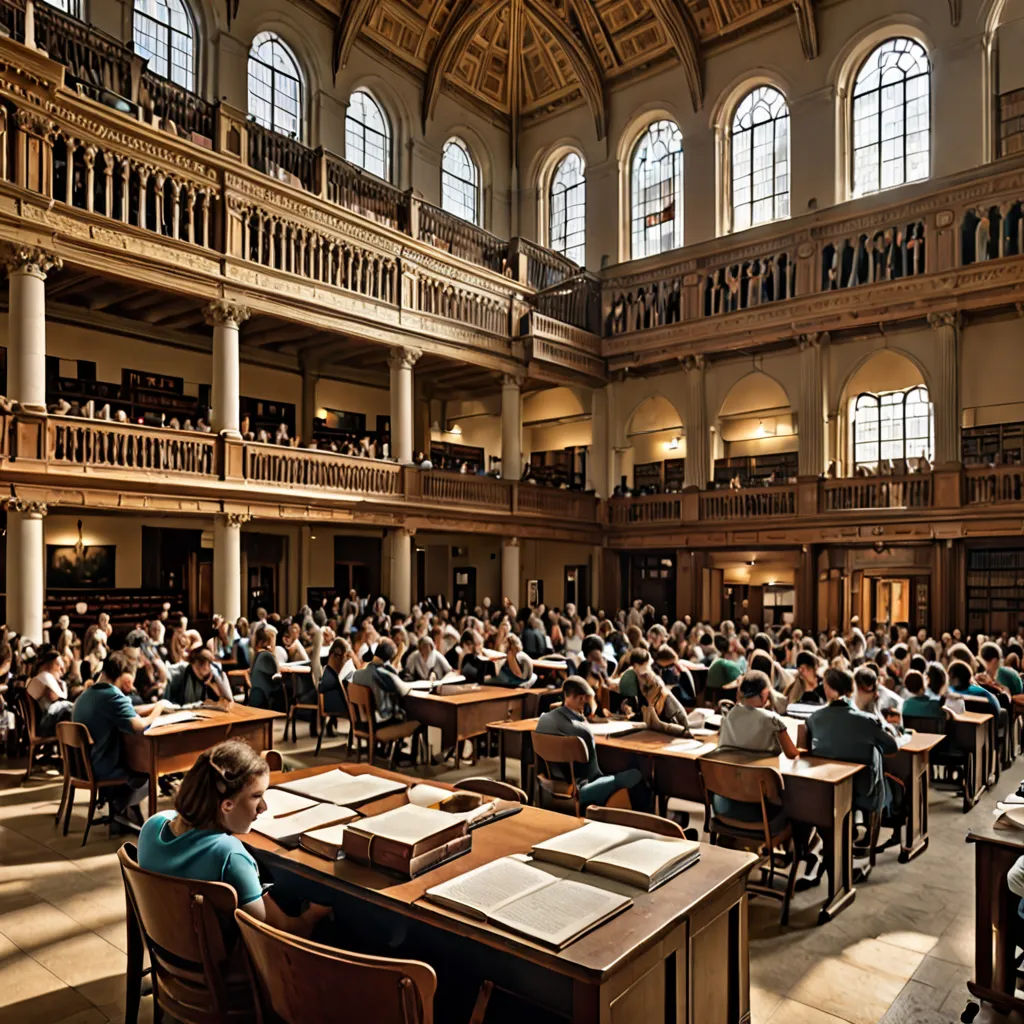
Dopo la colonizzazione americana nel 1600, l'inglese ha sviluppato una variante distinta, conosciuta come inglese americano. Ha una pronuncia, un'ortografia e un vocabolario distintivi.
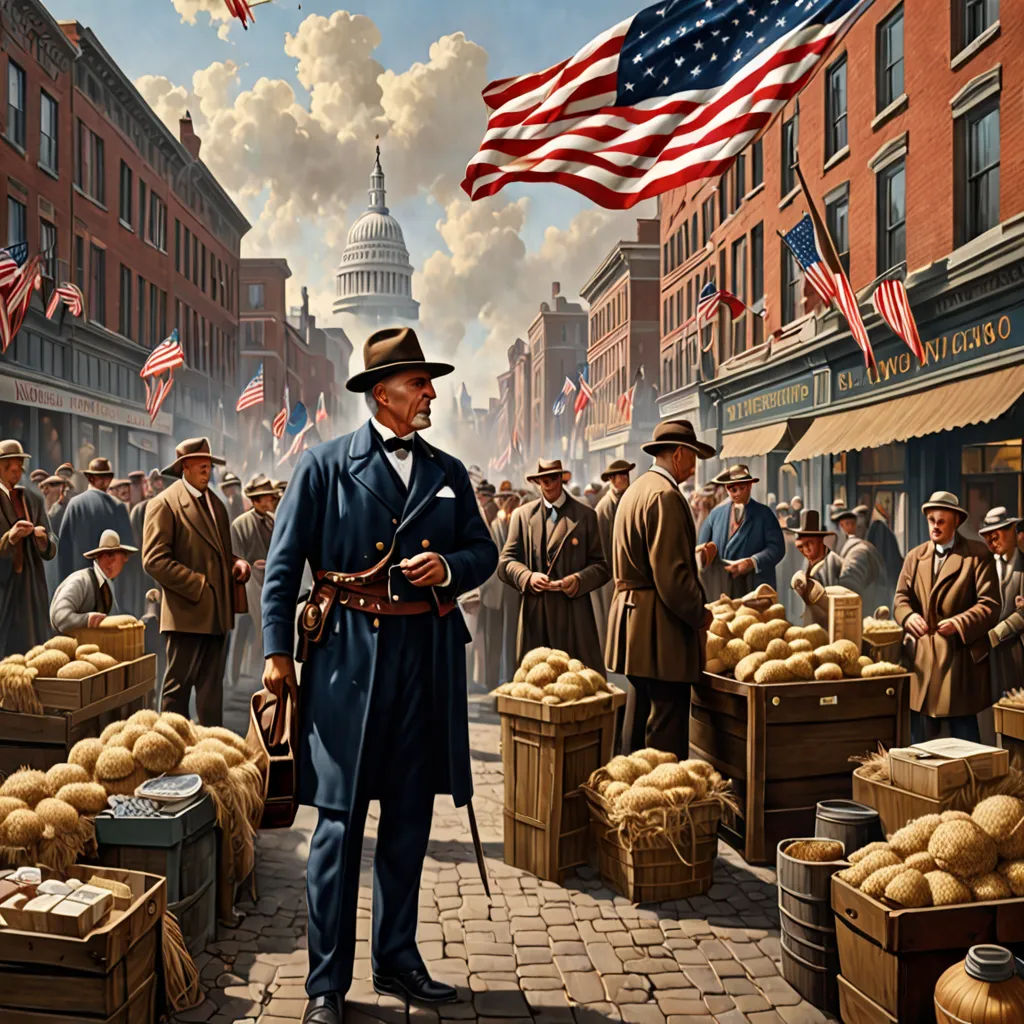
L'inglese americano ha influenzato l'inglese globale, portando nuovi termini e usi nel linguaggio comune.

Oggi, l'inglese è parlato da miliardi di persone in tutto il mondo. È la lingua ufficiale di molte nazioni e l'idioma più usato per gli affari internazionali.

La lingua continua a evolversi, assorbendo parole da altre lingue e sviluppando nuovi modi di esprimersi.

Il futuro dell'inglese è aperto alle possibilità. Continuerà a cambiare e adattarsi, rispecchiando le culture e le società che lo utilizzano.

La storia dell'inglese è una testimonianza del suo potere di adattamento e della sua capacità di assorbire e riflettere le influenze culturali. È questa flessibilità che ha permesso all'inglese di diventare la lingua globale che è oggi.